
Novak Djokovic’s pursuit of a record 25th Grand Slam ended not with a win but in a whimper, undone in the US Open semifinals by Carlos Alcaraz’s unrelenting pace and physicality. The latter seized the moment with a straight-sets win, leaving him visibly drained by the end. What began as another test of resilience quickly turned into a reminder that time exposes the mortality of even the most accomplished names. He conceded afterward that he “ran out of gas” after the decisive second set, a candid admission of limits to which he had hitherto seemed immune.
The progression of the match was, if nothing else, revealing. Alcaraz struck early, dictating exchanges and pressing Djokovic into uncomfortable positions from the baseline. A flicker of resistance came in the second set, when he broke serve and briefly ignited the crowd, but the energy did not hold. The Spaniard 17 years his junior reeled him back in, taking the tiebreak with relative ease. By the third set, his movement betrayed him; rallies he once closed with regularity slipped away. His point construction remained outstanding, but his finishing strokes lacked the requisite precision.
For Djokovic, the setback capped a season in which he failed to win a Grand Slam event for the first time since 2017, falling short in Rounds of Four and retiring at the Australian Open. The rise of Alcaraz and Jannik Sinner has turned consistency into a gauntlet, and he is constrained to admit that his biggest opponents are operating at a level “too good” to overcome without ample preparation. Clearly, it is no small shift. For two decades, the Big Three he formed with Roger Federer and Rafael Nadal bent the sport to their will, forcing challengers to continually stare at their backsides. Now, the burden has flipped: he needs to summon everything left in his body and mind to keep pace with the best of a new generation that runs faster, hits harder, and recovers quicker.
For all the changes in the landscape however, Djokovic has, without surprise, refused to concede to Father Time. In the aftermath of his defeat, he dismissed retirement talk and instead vowed to keep pressing toward his quarter-century objective. The defiance is both familiar and admirable, but not without caveats. He hinted at uncertainty about playing a full Grand Slam season in 2026 and has yet to commit to Australia, where his resume shines the most. Adjustments in scheduling, preparation, and even ambition will be unavoidable. If winning once meant endurance across a full year, it now demands carefully chosen battles. The dream remains alive, but the path is narrower and more purposeful.
No longer is the future a question of whether Djokovic can still win; it is whether he can adapt quickly enough to seize the chances that remain. Alcaraz and Sinner have proven capable of crowding the summit of tennis, and each major will likely keep running through them. In the face of the daunting challenge, his enduring greatness will lie in reinvention. He has always been willing to bend his game to the demands of survival, and the instinct will be tested anew. The torch has not yet been passed, but it shakes in his hands. Whether he steadies it or yields it to decidedly superior rivals may define the final chapter of an already singular career.
Anthony L. Cuaycong has been writing Courtside since BusinessWorld introduced a Sports section in 1994. He is a consultant on strategic planning, operations and human resources management, corporate communications, and business development.

 3 hours ago
1
3 hours ago
1
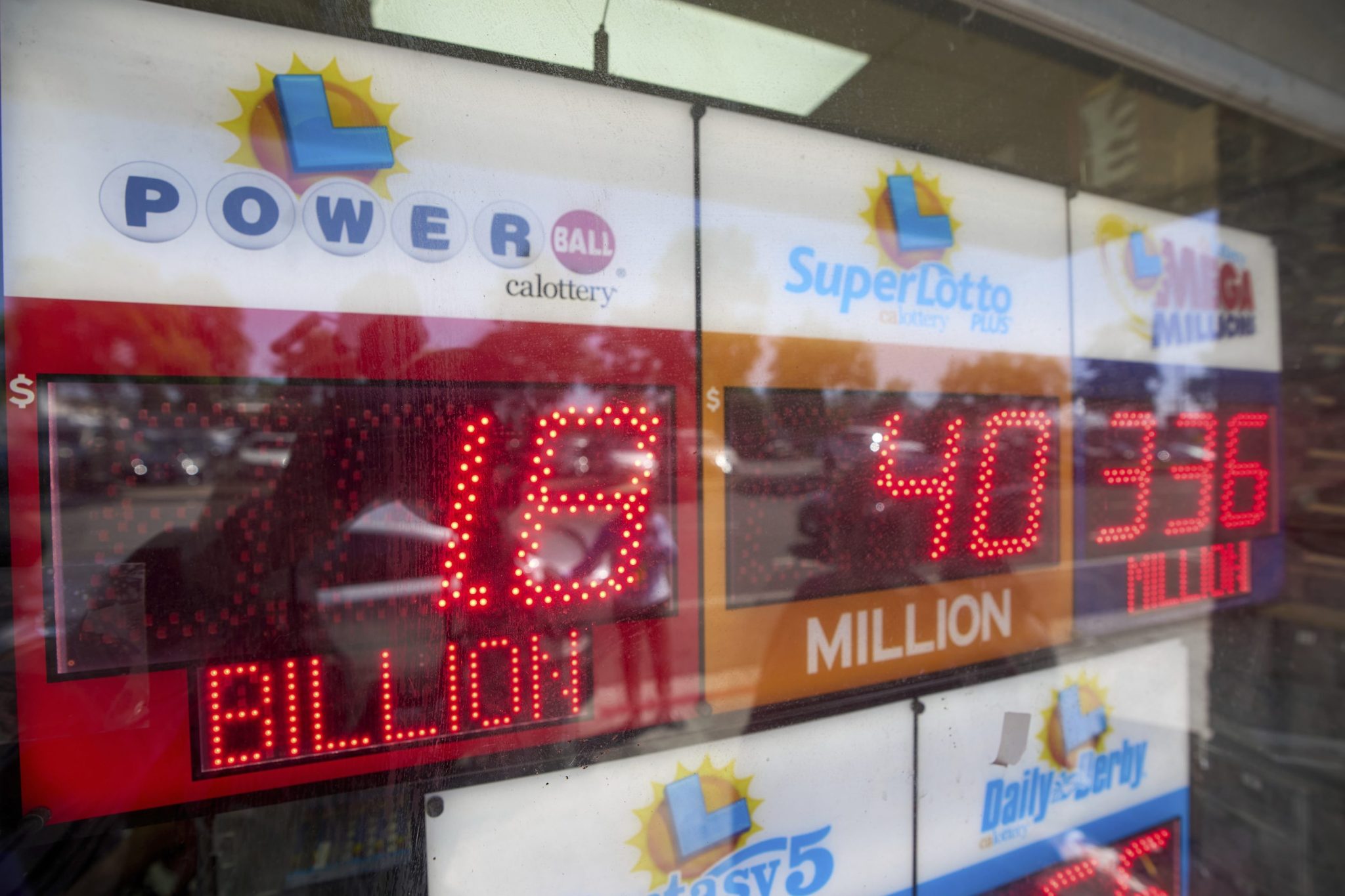




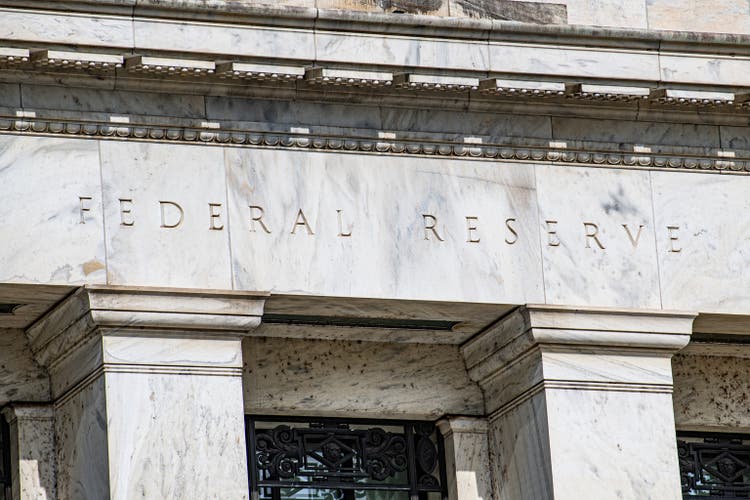
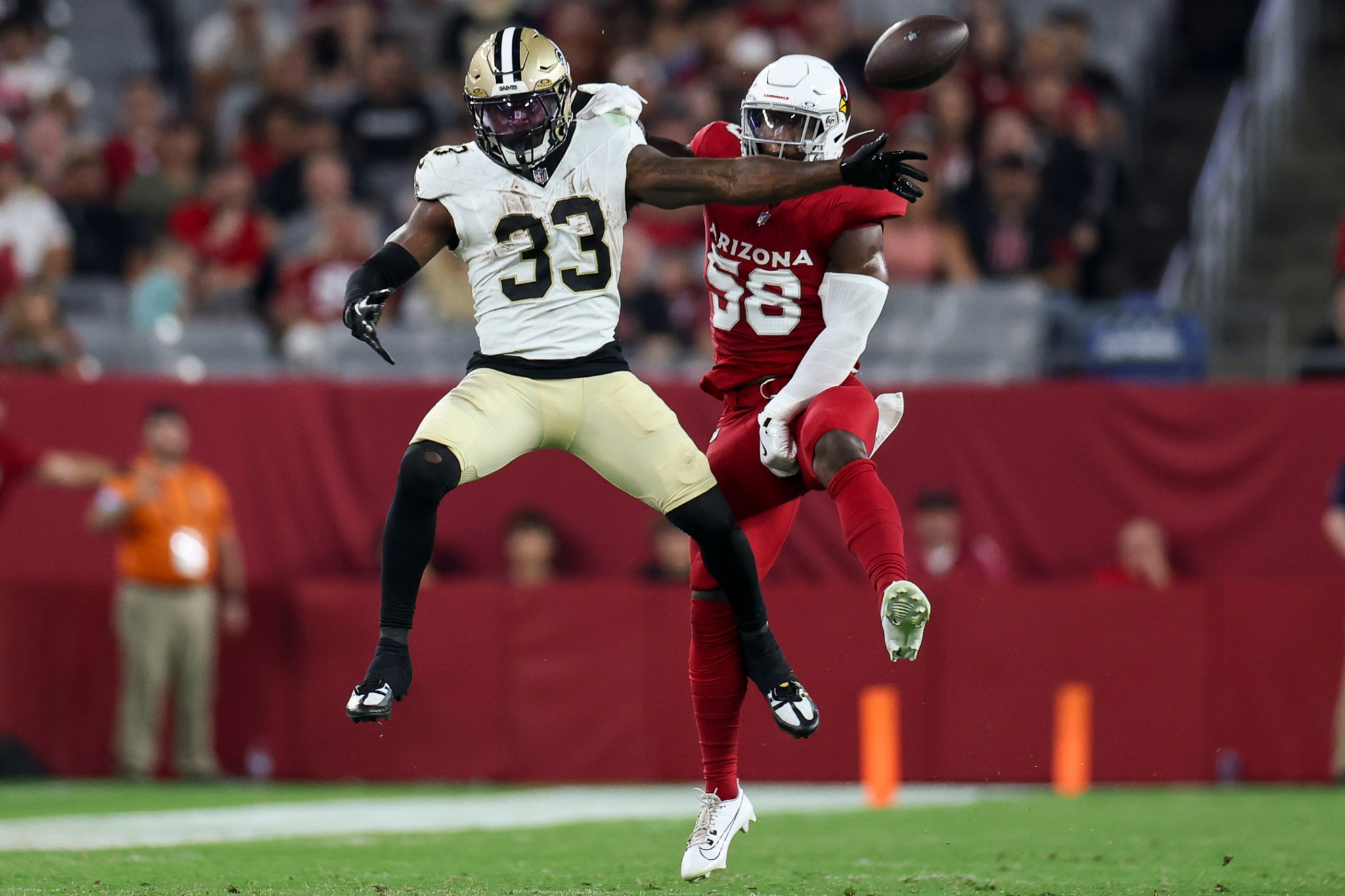
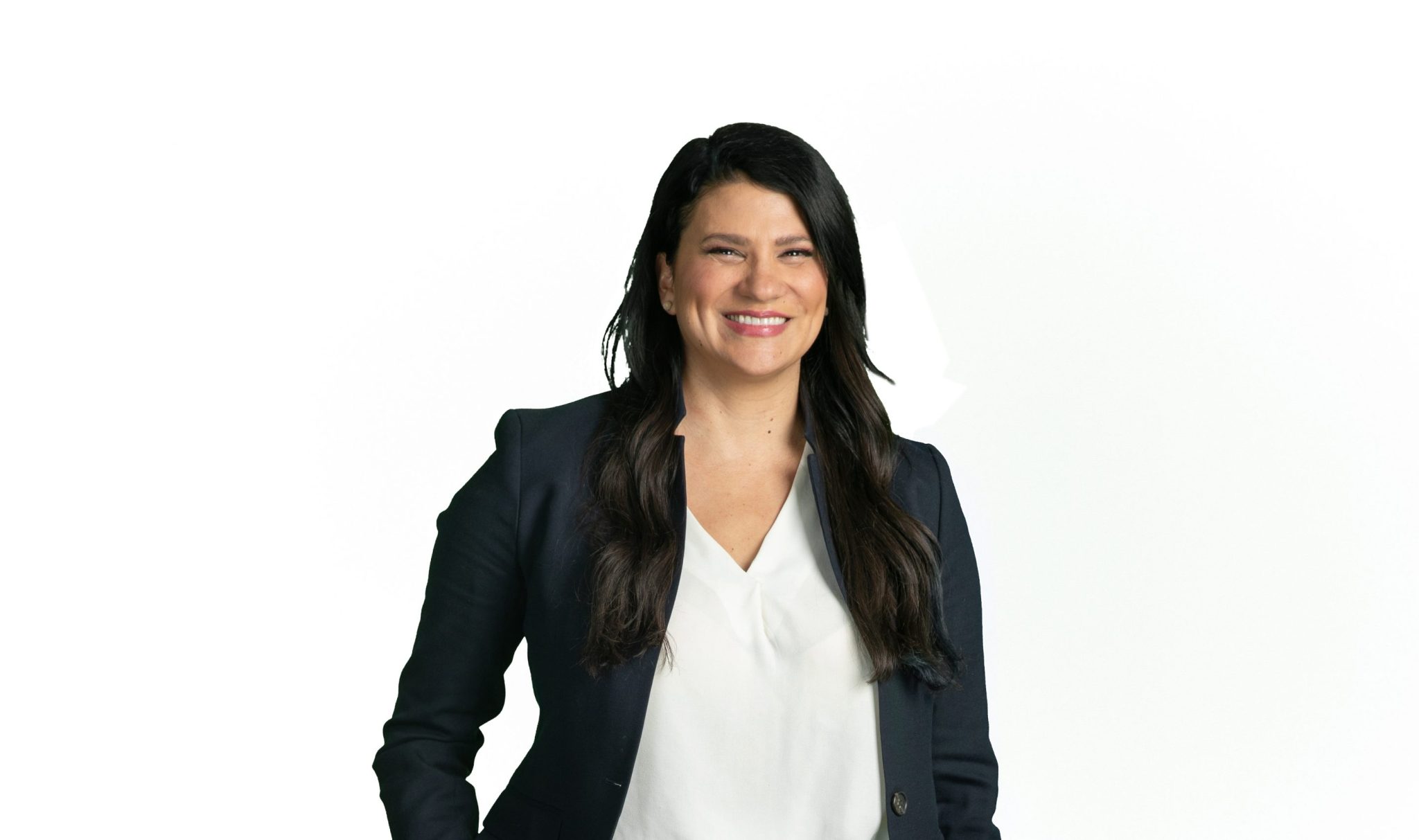
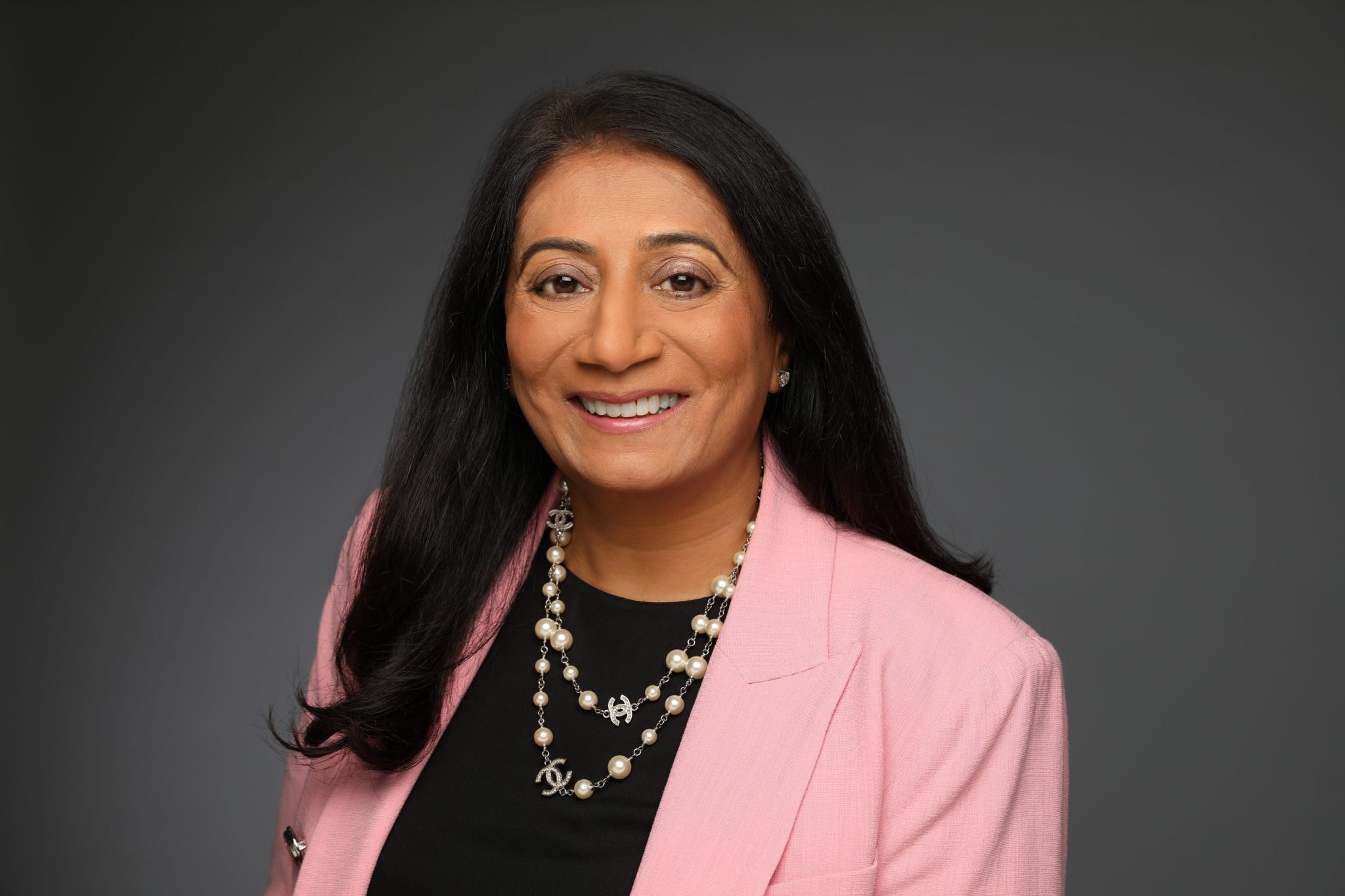







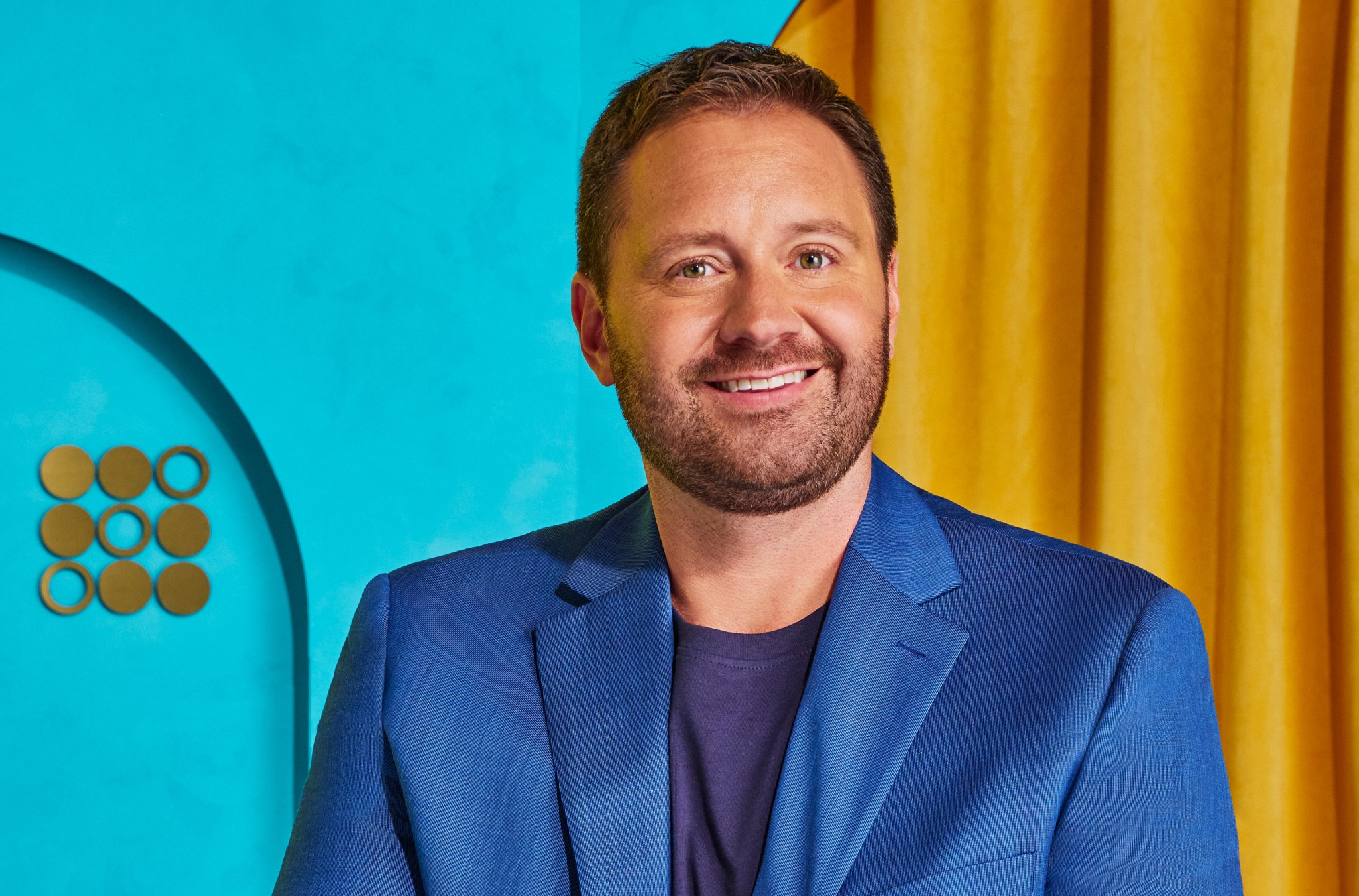
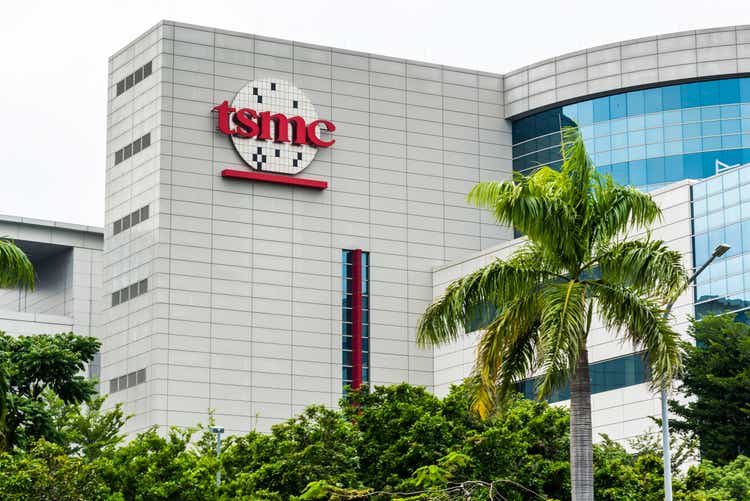


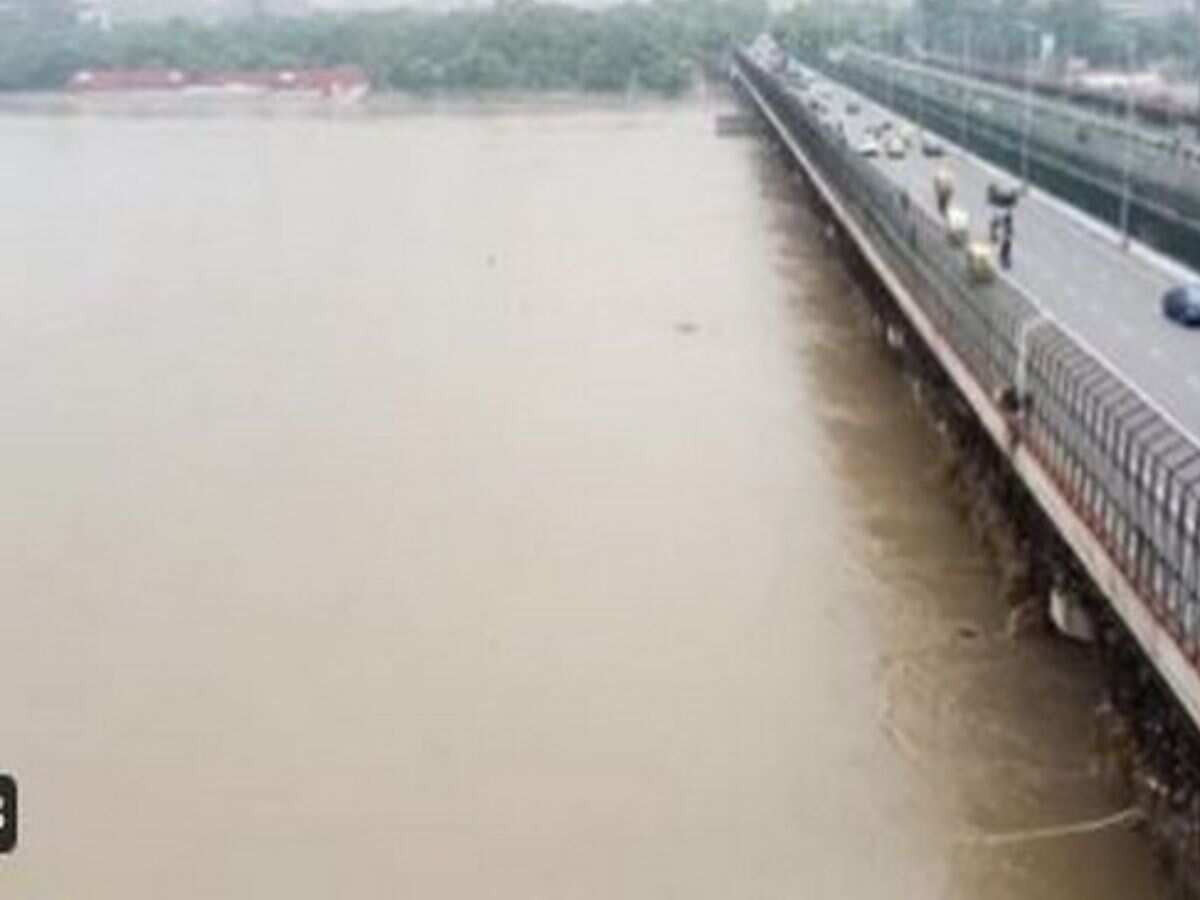
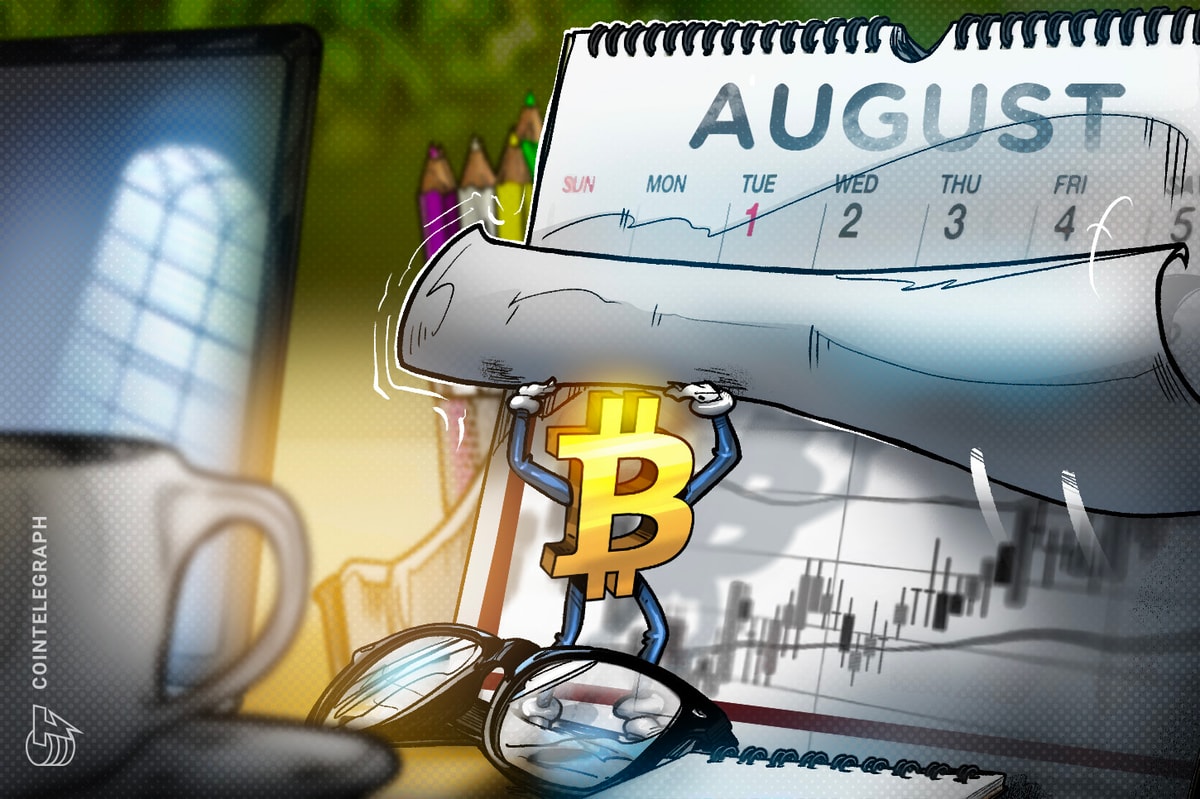
 English (US) ·
English (US) ·